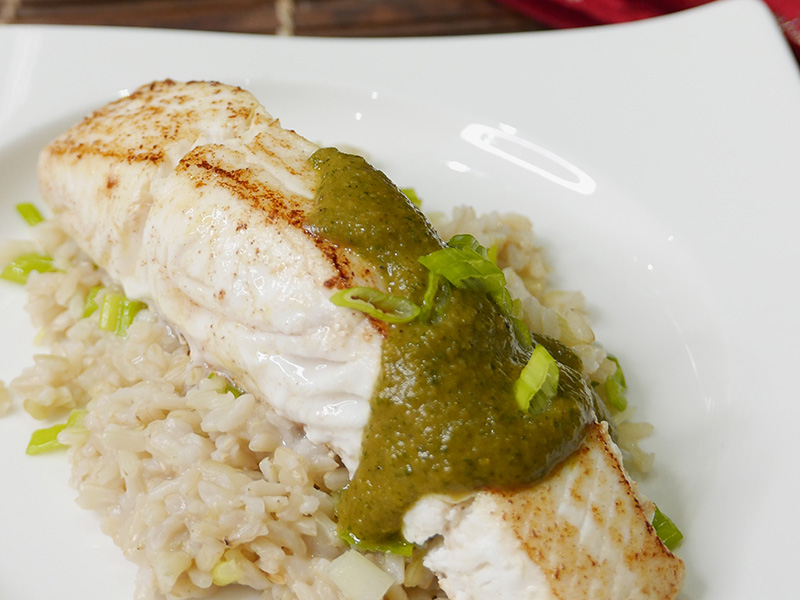It's easy to get answers about health and nutrition! Just send your question by email to [email protected] and Dr. Harlan will respond to selected questions of general interest. Answers will be posted in the Ask Dr. Gourmet newsletter (sign up now!) and archived in the Ask Dr. Gourmet section of the website.
Please note that the Ask Dr. Gourmet feature is restricted to questions regarding food and nutrition. Due to the many questions we receive, not all questions may be answered. For more specific questions about your individual health, please contact your doctor. About Timothy S. Harlan, MD, FACP, CCMS | Terms of Use | Privacy Policy
Ask Dr. Gourmet
If I have had thyroid cancer, should I avoid eating fish?
I am in need of advice about diet because 20 years ago I had thyroid cancer, and my thyroid was removed. I have taken Levoxyl ever since. Recently I read a book that said I should not be eating fish or taking iodine in my vitamin supplements. Is this true? Eating fish is is one of the ways I feel full without overeating. My doctor is not knowledgeable about nutrition in my case.
Dr. Gourmet Says...

I have reviewed the literature on this topic, and while there are some concerns about the higher iodine content in fish being an issue, there has not been clear evidence to support this. I looked at well over 20 studies and could not find one that would cause me to tell one of my patients to not eat fish after having cancer of the thyroid.
One article from 2009 appears to be very comprehensive. Below is the abstract. Note that they do not conclude that fish is an issue - they also see that there is benefit for those eating more vegetables.
Thanks for writing,
Timothy S. Harlan, MD, FACP, CCMS
Dr. Gourmet
Risk factors for thyroid cancer: an epidemiological review focused on
nutritional factors.
Dal Maso, L, Bosetti, C, La Vecchia, C, Franceschi, S
Unità di Epidemiologia e Biostatistica, Centro di Riferimento Oncologico, Via F. Gallini 2, Aviano (PN), 33081, Italy, [email protected].
OBJECTIVES: The present review summarizes epidemiological evidence on risk factors for thyroid cancer (TC), in particular, nutritional factors.
METHODS: Searches of articles on the issue were conducted using MEDLINE.
RESULTS: Exposure to ionizing radiation, particularly during childhood, is the best-established risk factor for TC. There is also a strong association with history of benign nodules/adenoma or goiter. Iodine deficiency may induce an increasing incidence of benign thyroid conditions, but very high iodine intake also affects thyroid function and, possibly, TC risk. Among dietary factors, fish-the major natural source of iodine in human diet-is not consistently related to TC risk. High intake of cruciferous vegetables shows a weak inverse association with TC. Among other food groups, vegetables other than cruciferous are the only food group showing a favorable effect on TC, with an approximate 20% reduction in risk for subjects with the highest consumption. No effect on TC risk of alcohol, coffee, or other food-groups/nutrients emerged. Height and weight at diagnosis show a moderate positive association with TC risk.
CONCLUSION: At present, the only recognized measures for reducing TC risk is to avoid ionizing radiation and iodine deficiency, particularly in childhood and young women, and to increase vegetable consumption.
